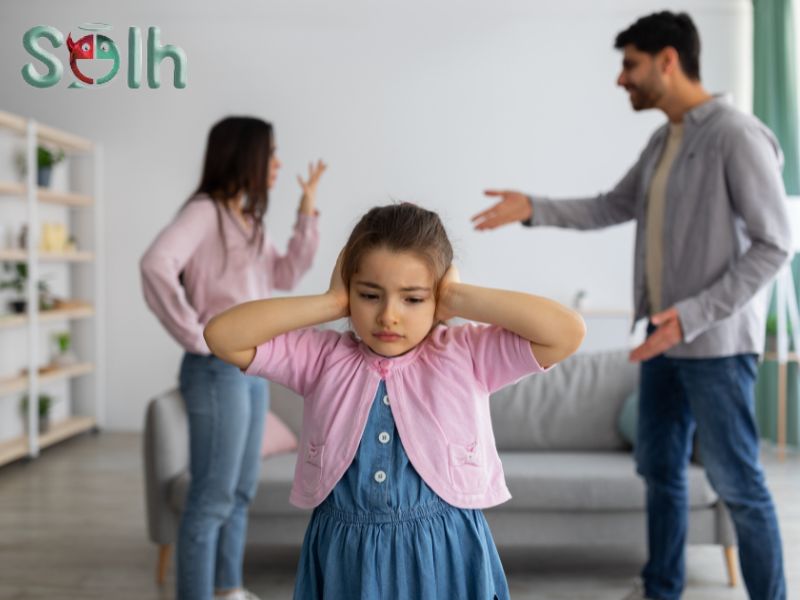LGBTQ stands for lesbian, gay, bisexual, transgender, queer, or questioning persons or the community. This concept isn't new that came into existence due to some recent changes in the hormones or thought process of the individual; it was always there since the time unknown but was treated as a taboo. Due to this, the individuals who used to belong to this category used to feel threatened about their identity, so they suppressed it in order to follow the norms that were being followed by society at that time.
Unlike any person, they, too, had the equal right to be happy and live on their own terms. The rise of the LGBTQ community in society provided them with that opportunity. Still, due to stigma and taboo around, the individual goes through a lot of struggle to find acceptance in their family and the society. They fear that they would be rejected or would be asked to suppress their “abnormality” in front of the society.
ACCEPTANCE OF FAMILY FOR THE INDIVIDUAL WHO IDENTIFIES WITH LGBTQ+ COMMUNITY
It is a huge deal for the person who identifies with the LGBTQ+ community to come out to their parents, as getting their acceptance is what they seek the most. And when they come out, it becomes easier for them to accept themselves, which majorly shows in other aspects of their life.
LGBTQ+ individual's mental health benefits after they get acceptance from family:
- Better mental health, increased self-esteem, and enhanced emotional well-being.
- The strong support system from accepting family members.
- Pleasant and constructive family interactions.
- Lower levels of suicidal ideation, substance addiction, anxiety, and depression.
- Improved self-acceptance, pride, and confidence in their gender identity and sexual orientation.
LGBTQ+ individual's mental health if they don’t get acceptance from their family:
- Internalized homophobia and transphobia, emotions of rejection and loneliness, and possible emotional difficulties.
- Having a small circle of friends, preferred families, or LGBTQ+ support groups may be necessary.
- Strained or severed relationships with family.
- Increased likelihood of mental health issues and higher prevalence of mental diseases.
- Struggle with feelings of inadequacy, shame, and self-invalidation.
TIPS ON HOW TO COME OUT TO YOUR PARENTS AND GETTING THE SOUGHT ACCEPTANCE:
It can be hard to come out to your parents as there is always the fear of getting judged but it is important to express your true feelings to your loved ones.
- Reflect on your own feelings and identity.Take the time to understand your own emotions, thoughts, and identity.
- Select a suitable location and time for the conversation. Find a quiet, welcoming location where everyone will feel at ease and be able to speak freely.
- Develop your knowledge of LGBTQ+ issues, jargon, and experiences. This demonstrates your willingness to participate in an informed discussion while also assisting you in addressing any potential queries or worries your parents may have.
- Recognize that your parents' reactions can be different. They could be anything from outright acceptance to astonishment, bewilderment, or at first resistance. You can manage the conversation with patience and confidence if you are psychologically ready for several responses.
- Use "I" phrases to specifically describe your opinions, feelings, and experiences in order to avoid seeming accusing. Encourage open communication and pay attention to any concerns or inquiries from your parents. Even if you disagree, attempt to understand them and show empathy.
- Keep in mind that acceptance might not come right away. Give your parents the space they need to take in the information and reframe their viewpoint.
- For advice and emotional support, speak with close friends, LGBTQ+ support groups, or organizations. During the coming-out process, they can offer guidance, share their own experiences, and offer comfort.
CONCLUSION
Parental acceptance is extremely important for the LGBTQ+ individuals. We at Solh Wellness work to provide people with proactive mental health solutions before their situation worsens. To proactively support your mental health, try out several techniques and make self-care a priority in your daily life. Download the Solh Wellness App to start experiencing the transformation.



